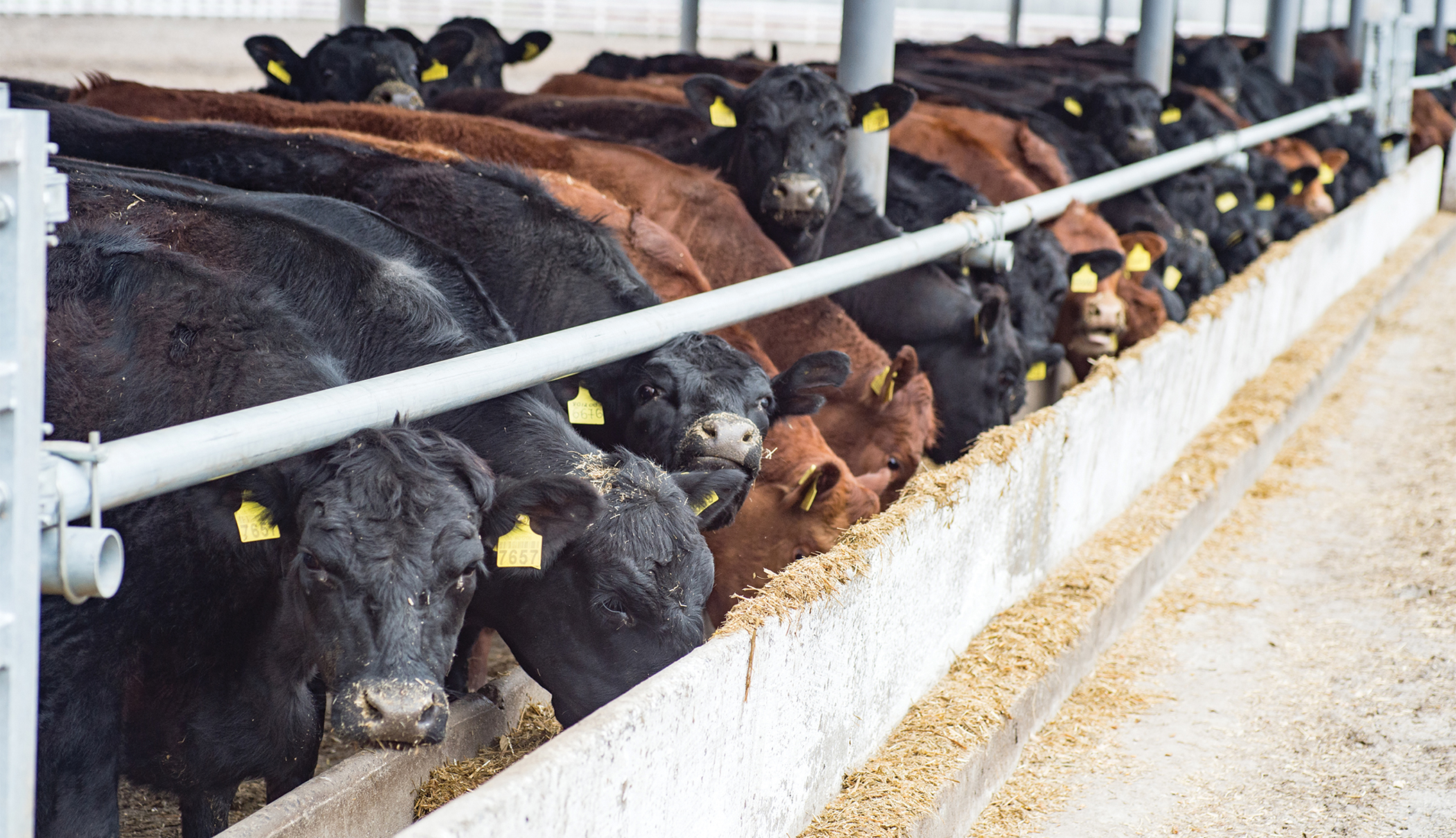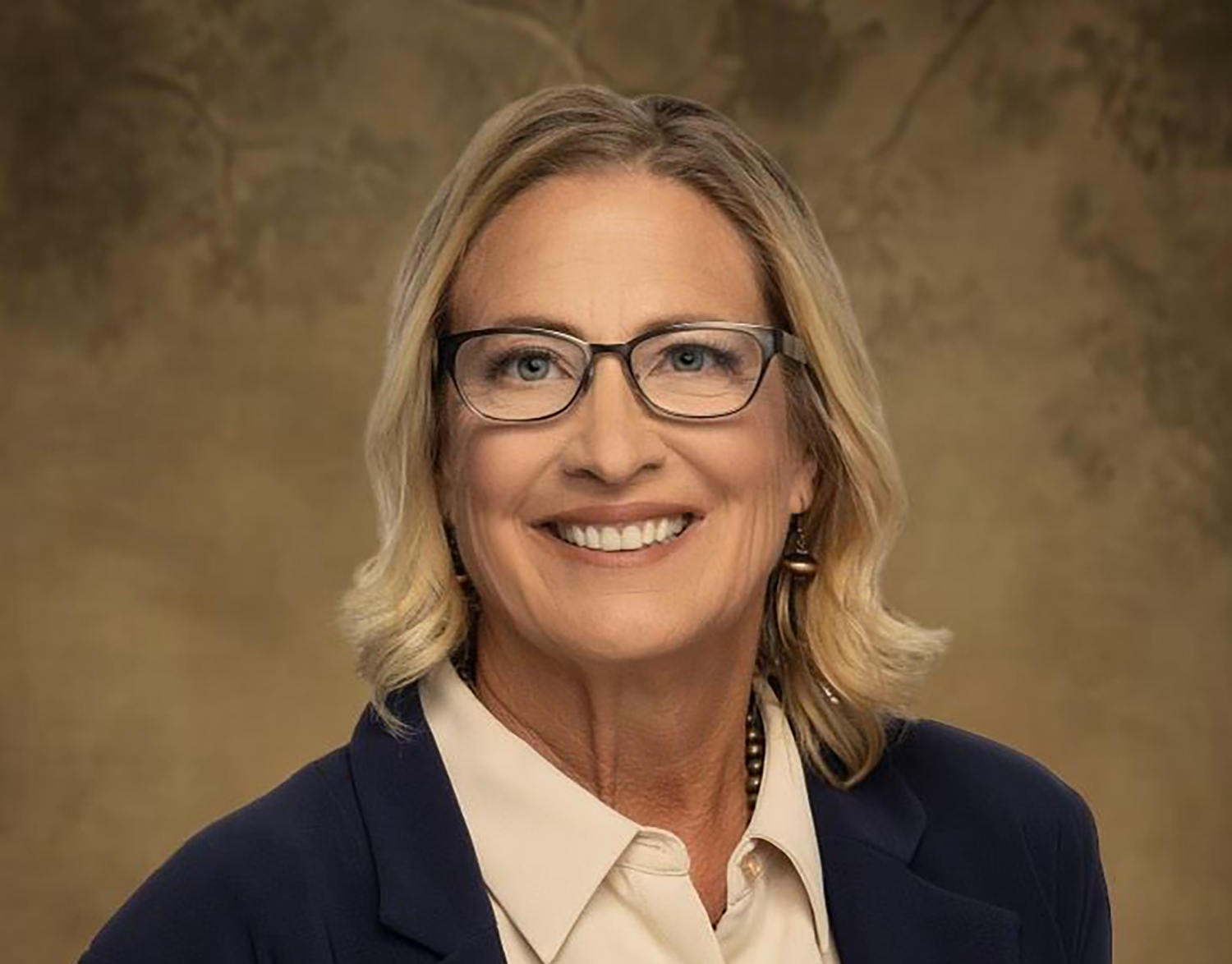High Path Avian Influenza continues to evolve
On Friday, March 29, USDA APHIS confirmed the detection of highly pathogenic avian influenza (HPAI) in dairy herds, with confirmations now in Texas, Kansas, Michigan, Idaho, New Mexico, Ohio, North Carolina, and South Dakota. On Wednesday, April 24, the Animal and Plant Health Inspection Service (APHIS), United States Department of Agriculture (USDA), is issuing this Federal Order to prevent the spread of highly pathogenic avian influenza (HPAI). The federal order will become effective on Monday, April 29, requiring pre-movement testing for HPAI on lactating cows in intrastate commerce. A Guidance document link is provided below.
APHIS will provide reimbursement for testing at NAHLN labs, including samples submitted for:
- dairy cattle suspected of disease due to clinical signs
- pre-movement testing
- producers interested in the disease status of their asymptomatic animals, and
- samples taken from other animals on dairies associated with this disease event.
Mandatory Testing for Interstate Movement of Dairy Cattle
- Prior to interstate movement, dairy cattle are required to receive a negative test for Influenza A virus at an approved National Animal Health Laboratory Network (NAHLN) laboratory.
- Owners of herds in which dairy cattle test positive for interstate movement will be required to provide epidemiological information, including animal movement tracing.
- Dairy cattle moving interstate must adhere to conditions specified by APHIS.
- As described in the guidance document, these steps will be immediately required for lactating dairy cattle, while these requirements for other classes of dairy cattle will be based on scientific factors concerning the virus and its evolving risk profile.
A review of H5N1 in livestock includes:
SYMPTOMS:
- Decreased herd level milk production;
- Acute sudden drop in production with some severely impacted cows experiencing thicker, concentrated, colostrum-like milk;
- Decrease in feed consumption with a simultaneous drop in rumen motility;
- Abnormal tacky or loose feces, lethargy, dehydration, and fever.
- Initial cases indicated older cows in mid-lactation may be more likely to be severely impacted than younger cows and fresh cows or heifers. Additional data indicates younger cattle have been affected; more data and reporting from impacted producers will help to clarify the range of animals affected.
TRANSMISSION:
USDA believes that transmission among cows is via mechanical transmission of milk, possibly in a parlor setting where cows are in close proximity to one another, as well as milking equipment. Furthermore, biosecurity breeches where animals, people, and fomites such as equipment, are moved from farm-to-farm.
INITIAL SOURCE OF INFECTION:
- Wild migratory birds are believed to be the source of initial infection via spill over event(s). Transmission between cattle has been confirmed, as well as movement from lactating dairy cows back to poultry.
- Limited movement of lactating, or about to lactate, animals is key, as well as isolating moved animals from resident herd. Cows moved from Texas to other states are the source for the virus in those new states.
HUMAN IMPACTS:
- One Texas dairy worker has been confirmed positive with HPAI. Initial testing has not found changes to the virus that would make it more transmissible to humans. While cases among humans in direct contact with infected animals are possible, this indicates that the current risk to the public remains low.
- There are no markers known to be associated with influenza antiviral resistance found in the virus sequences from the patient’s specimen and the virus is very closely related to two existing HPAI A(H5N1) candidate vaccine viruses that are already available to manufacturers, and which could be used to make vaccine if needed.
- If swabs for conjunctivitis are submitted for testing, the swabs must be sent to CDC in Atlanta because a validated test for the State Hygienic Lab to run.
- It is important to note that “highly pathogenic” refers to the severe impacts to birds, not necessarily in humans.
MILK:
- At this time, there continues to be no concern that this circumstance poses a risk to consumer health, nor does it affect the safety of the interstate commercial milk supply because products are pasteurized before entering the market. Only milk from healthy animals is authorized for distribution into interstate commerce for human consumption, additionally pasteurization has continually proven to inactivate bacteria and viruses, like influenza viruses, in milk and milk products such as cheese.
- Based on the limited research and information available, we do not know at this time if HPAI A (H5N1) viruses can be transmitted through consumption of unpasteurized (raw) milk and products (such as cheese) made from raw milk from infected cows. However, we have long known that raw milk can harbor dangerous microorganisms (germs) that can pose serious health risks to consumers.
- Studies are ongoing to determine if the PCR positives of H5N1 in milk on the retail shelves are actually infectious. Initial tests done at NIAID lab(s) indicate it is not infectious.



